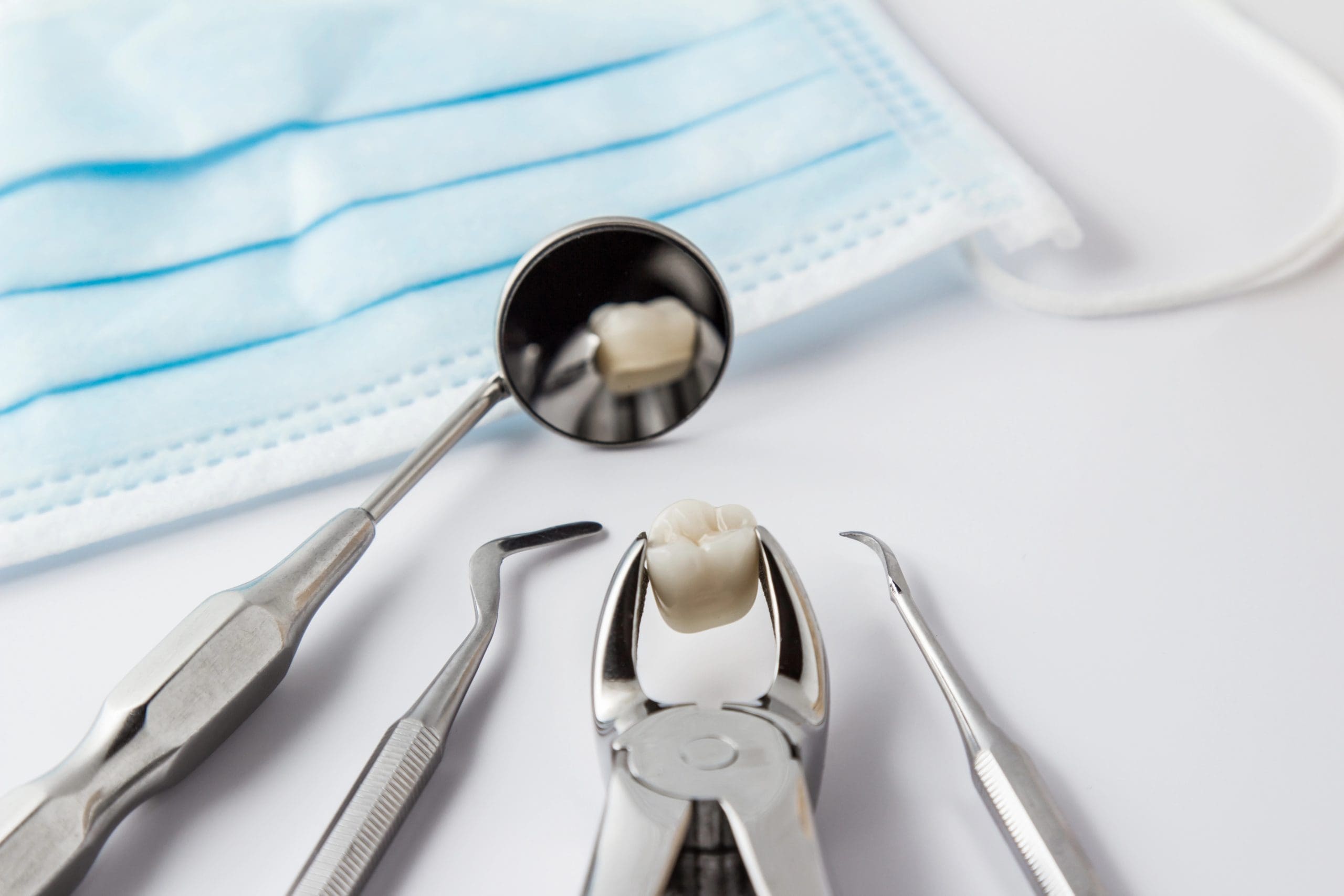Are you curious about what to expect with wisdom tooth removal? This guide provides a general overview of the process, potential reasons for removal, and what you might experience during recovery.
wisdom tooth removal
Understanding Wisdom Teeth
Wisdom tooth removal is a common dental procedure that many people undergo during their late teens or early adulthood. Wisdom teeth, also known as third molars, are the last set of teeth to emerge in the mouth. They typically appear between the ages of 17 and 25. While some individuals have no issues with their wisdom teeth, others may experience pain, crowding, or other dental problems that necessitate their removal.
The process of wisdom tooth removal can vary depending on the position and condition of the teeth. In some cases, wisdom teeth may be impacted, meaning they are trapped beneath the gum line or against other teeth. This can lead to complications such as infection or damage to adjacent teeth. For more detailed information on when and how this procedure is performed, you can read our article on Pulling Teeth: When Is It Necessary and How Is It Done?.
Common Symptoms and Signs
Wisdom teeth, also known as third molars, often cause a variety of symptoms as they emerge. Common signs that you may need to consider wisdom tooth removal include persistent pain at the back of your mouth, swelling around the gums, and difficulty opening your mouth fully. You might also experience headaches or jaw stiffness, which can be indicative of impacted wisdom teeth.
In some cases, you may notice an unpleasant taste or bad breath due to infection or decay around the wisdom teeth area. If you are experiencing any of these symptoms, it might be time to explore your options. For more information on this topic, visit our page on Arlington Heights Tooth Extractions.
Consultation with a Dentist
Before undergoing wisdom tooth removal, it’s essential to have a consultation with a dentist. During this initial meeting, the dentist will evaluate your oral health, review any X-rays, and discuss the specifics of the procedure. This step is crucial for understanding the condition of your wisdom teeth and determining the best approach for their removal. The consultation ensures that you are well informed about the process and any potential risks associated with wisdom tooth removal.
Types of Removal Procedures
When it comes to wisdom tooth removal, there are generally two types of procedures: simple extraction and surgical extraction. Simple extraction is typically performed when the tooth has fully erupted and is easily accessible, involving the use of dental instruments to loosen and remove the tooth. Surgical extraction, on the other hand, is necessary for impacted wisdom teeth that have not fully emerged or are trapped beneath the gum line, requiring an incision in the gum and sometimes the removal of bone around the tooth. For more information on wisdom tooth removal, visit Arlington Smiles Dental Studio, your trusted Arlington Heights Dentist.
Pre-Surgery Preparations
Before undergoing wisdom tooth removal, it’s essential to be well-prepared for the procedure. This involves understanding the steps your dental professional will take and ensuring you have all the necessary information about the surgery. Being informed about what to expect can help alleviate any anxiety and ensure a smoother experience. Proper preparation is key to a successful wisdom tooth removal and a quicker recovery process.
The Extraction Process
When it comes to wisdom tooth removal, understanding the extraction process can help alleviate any anxiety you might have. Typically, the procedure begins with a thorough examination and X-rays to assess the position of your wisdom teeth. Local anesthesia is administered to numb the area, ensuring a pain-free experience. In some cases, sedation may be used for added comfort. The dentist or oral surgeon will then make an incision in the gum tissue to expose the tooth and bone. If necessary, the tooth may be divided into smaller pieces for easier removal. Once the tooth is extracted, the site is cleaned, and stitches may be applied to promote healing. The entire wisdom tooth removal process is generally quick, often completed within an hour, allowing you to start your recovery promptly.
Post-Surgery Recovery
After undergoing wisdom tooth removal, proper post-surgery recovery is crucial to ensure a smooth healing process. It’s essential to follow your dentist’s instructions, which typically include taking prescribed medications, maintaining oral hygiene with gentle rinsing, and avoiding strenuous activities. Swelling and discomfort are common, but applying ice packs and eating soft foods can help alleviate these symptoms. Keeping the extraction site clean and free from debris will prevent infections and promote faster recovery. By adhering to these guidelines, you can minimize complications and ensure a successful recovery after your wisdom tooth removal.
Potential Complications
When considering wisdom tooth removal, it’s essential to be aware of potential complications that may arise during or after the procedure. Common issues include dry sockets, where the blood clot at the extraction site dislodges, leading to pain and delayed healing. Infection is another risk, often indicated by swelling, fever, or persistent pain. Nerve damage, though rare, can result in numbness or tingling in the lips, tongue, or chin. Additionally, sinus complications may occur if the upper wisdom teeth are removed. Understanding these potential complications can help you make an informed decision about wisdom tooth removal and prepare for a smoother recovery process.
Long-Term Oral Health
Ensuring long-term oral health is a crucial consideration when it comes to wisdom tooth removal. Extracting impacted or problematic wisdom teeth can prevent a host of future dental issues, such as overcrowding, misalignment, and infections. By addressing these potential problems early on, you can maintain a healthier smile and avoid more complex dental procedures down the line. Regular dental check-ups and proper oral hygiene practices post-removal are essential to sustaining the benefits of wisdom tooth removal and promoting overall oral well-being.
Conclusion
If you have any questions about wisdom tooth removal, call 847-392-2141 or check out our Google Maps reviews.

